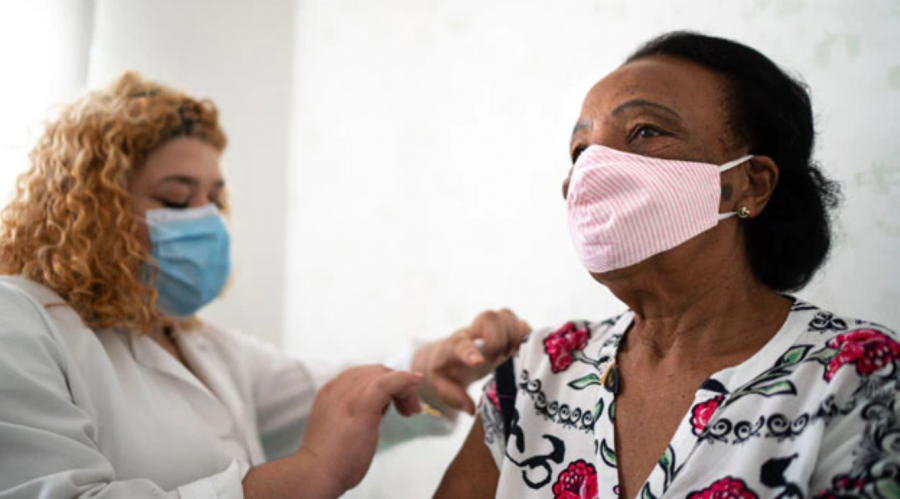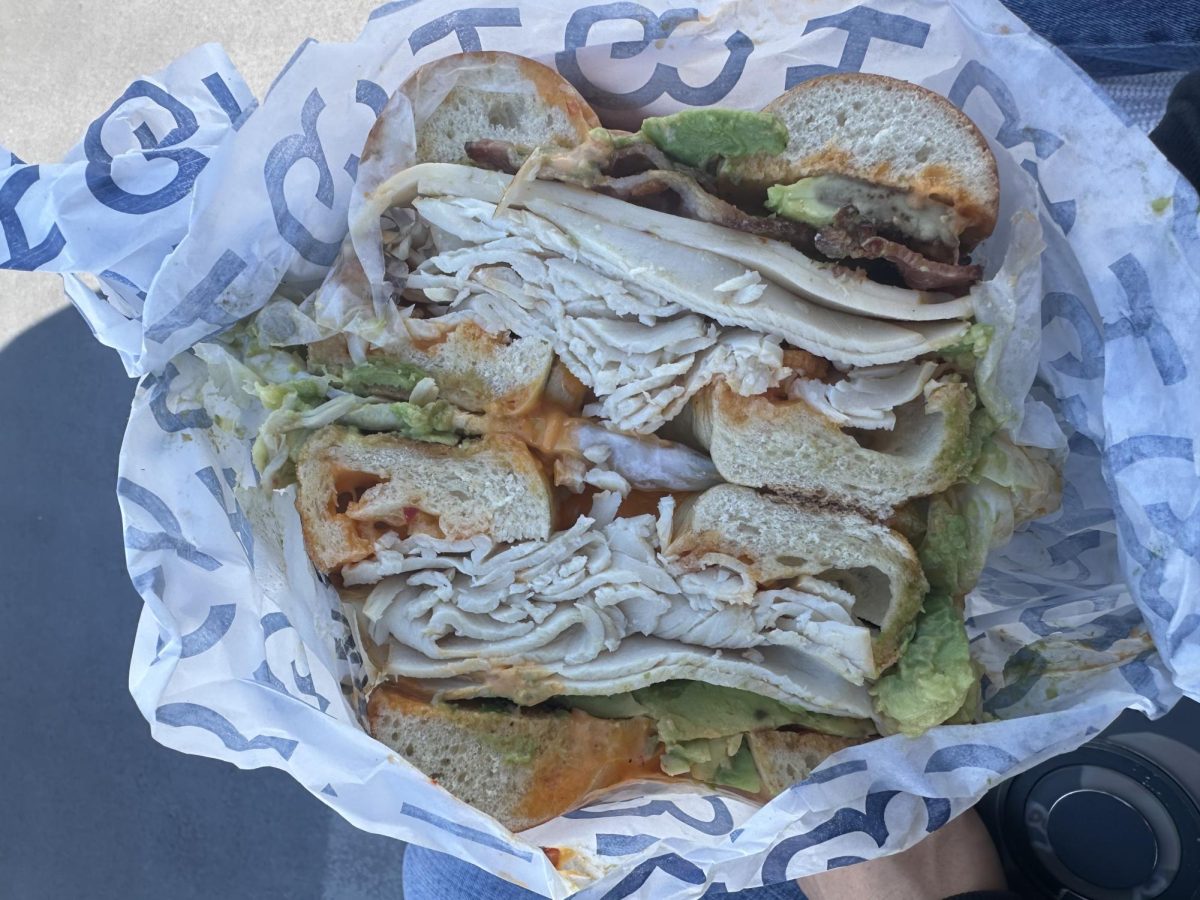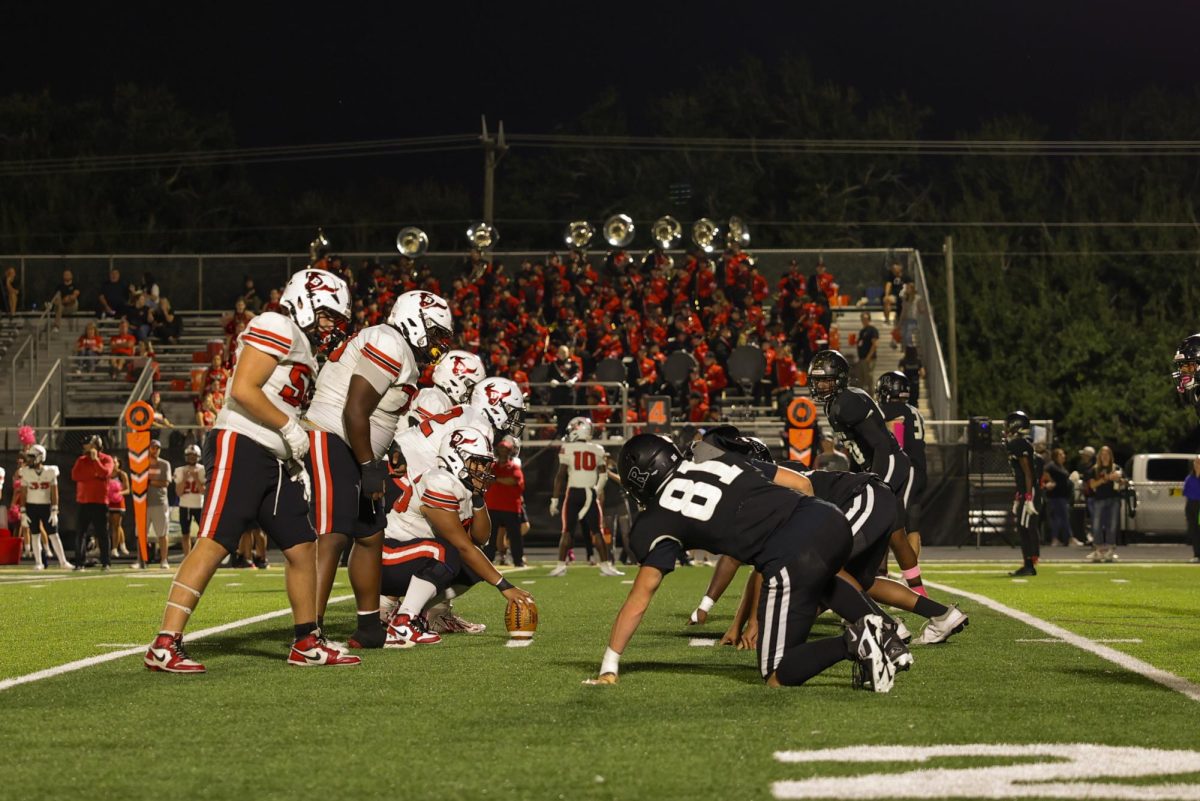Vaccinations in the United States: where do we go from here?
You’re not just getting the jab for yourself, but for everyone else too
Photo U.S. Department of Health & Human Services
As summer ramps up, vaccine rollout continues throughout the USA.
May 17, 2021
It’s been said. We all know it. I’m preaching to the proverbial choir by writing an article about the importance of mask wearing and vaccine receiving. I mean, by now, halfway through our second year with this tired journalists’ backup Melpomene, the only persons reading an article about the importance of adhering to COVID-19 protocols are those looking to justify themselves, and those looking to demonize others.
So I’m not going to write about it. There’s nothing more to be said that we don’t already know and agree with, or alternatively, loathe and disregard. Instead, I’d prefer to try to convey the implication. The societal weight that these practices carry. The duty we have to carry that weight. How the simple action of stopping one’s spit particles from being inhaled by their neighbor can be a microcosm of all societal duty.
I’ll stop with the sardonic tone for a moment to clarify what I’m actually talking about. What I‘m really trying to say is that, to varying degrees, we all reap benefits from living together as a community; sanitation programs, healthcare, community outreach, easy access to clean water and electricity, etc. Much of this we really don’t take for granted either, it just kind of… exists. And it’s only sensible that we try to give back for this kind of stuff. After all, everything I’ve listed above is solely from others giving back to us.
What I’m trying to describe is the concept of social responsibility. This has been around since people started living together in communities, and shows up in a lot of work by Aristotle and Immanuel Kant. Its kind of the basis for why society works, the sort of momentum that keeps the perpetual wheel stable. It’s most necessary when, a community encounters really big and disastrous threats, like war, economic collapse, or as you’ve probably predicted, epidemics and pandemics.
As of last Tuesday, 45.4% of Americans have been either completely vaccinated, or are on track to be, according to the CDC. We’ve still got a ways to go, and yet we’ve simultaneously long since peaked in terms of administered vaccines. Many are even doubting that we’ll ever reach the so coveted threshold of herd immunity at all, due to a violent mix of vaccine hesitancy and uneven rollout.
So what can we do? Well, we kind of already know that. FEMA (Federal Emergency Management Agency), has ramped up its efforts in providing federally supported community vaccination centers. As well, the CDC offers an extensive community-based vaccine toolkit for local officials and outreach groups looking for a way to help out. However, while these are great for dealing with the symptoms of the issue, they don’t do much to mitigate the actual problem, AKA the actual reasons many individuals are hesitant to get vaccines.
To be fair, a lot of people have reasonable concerns regarding their health and safety; that is completely valid. And it is the job of the government and community to help reassure these concerns with rigorous testing and safety checks. Yet even in a sea of reason, there exists the inevitable currents of aberrance and irrationality.
Many people just don’t want to get a vaccine, for reasons ranging from political affiliations, personal vendettas or just plain ignorance. This is the small segment of the population that probably won’t be vaccinated by 2022, and the group that really needs to understand this concept of societal duty.
It isn’t a bad thing to be hesitant about getting the vaccine. That’s understandable, and expected. It is however incredibly damaging if one does not weigh that hesitancy against the greater good, and understand the implications of their actions in the context of others’ lives.











